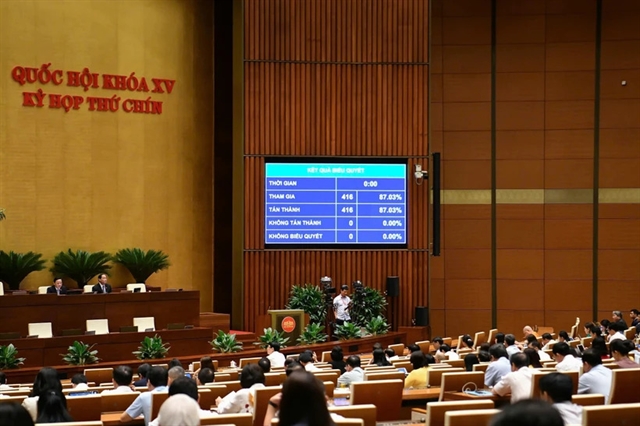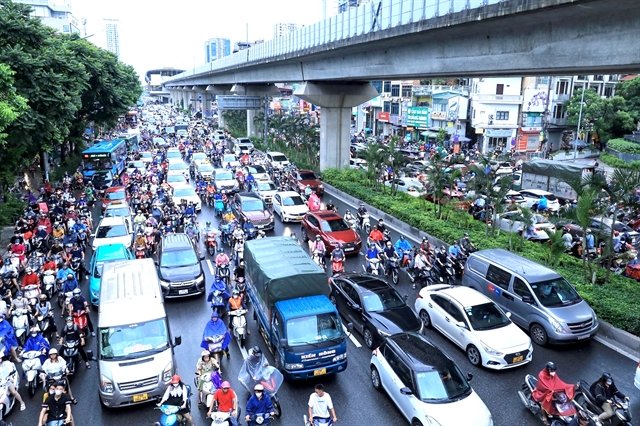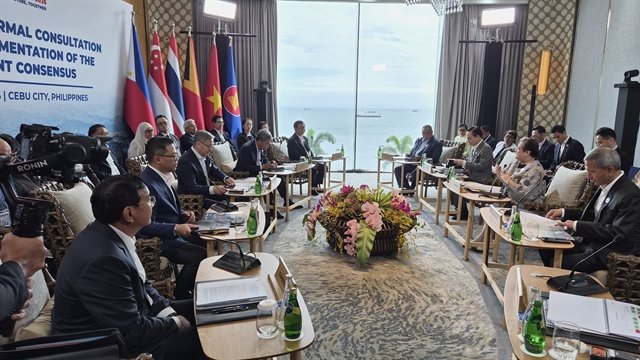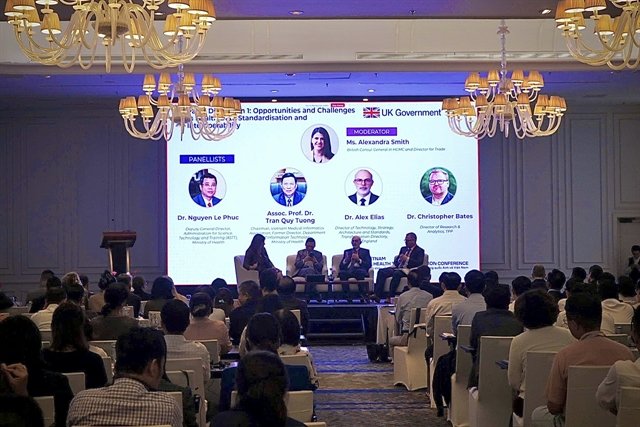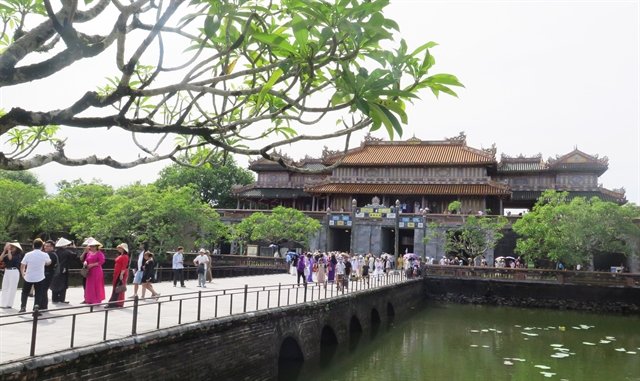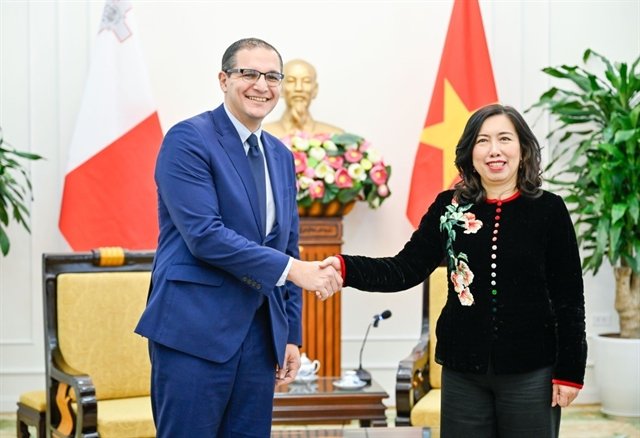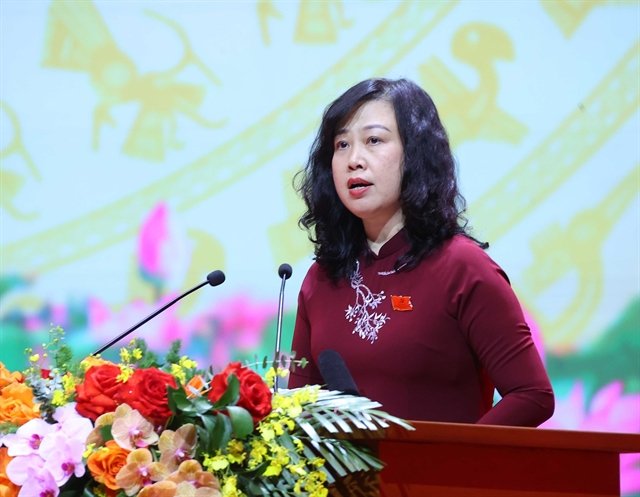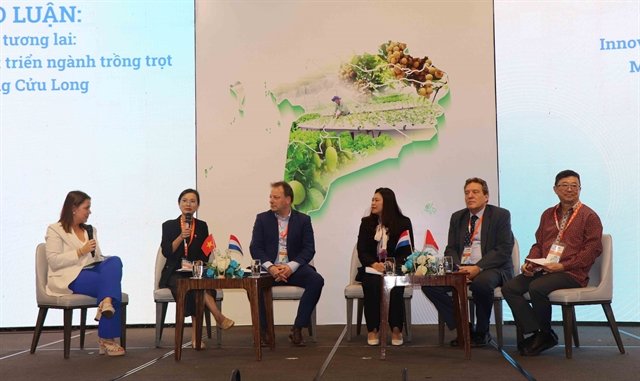Hanoi, June 25, 2025 – The Europe Today: The 15th National Assembly of Vietnam, during its 9th session on Monday, overwhelmingly approved amendments to the Law on Vietnamese Nationality, aimed at introducing more flexible conditions for foreign investors, scientists, and experts seeking Vietnamese citizenship. The revised law is scheduled to take effect on July 1, 2025.
The updated legislation is designed to attract high-calibre foreign talent and aligns with Việt Nam’s broader goals of national development and global integration. Minister of Justice Nguyễn Hải Ninh presented the revision report prior to the vote, highlighting major changes that support the strategic inclusion of qualified foreigners in the Vietnamese community.
Eased Conditions for Exceptional Individuals
The amended law introduces significant flexibility for individuals who have made outstanding contributions to Việt Nam’s development and defence, or whose naturalisation would serve the national interest as outlined in Decree 16/2020/NĐ-CP. Such individuals are now exempt from several standard requirements, including minimum residency duration, Vietnamese language proficiency, and financial self-sufficiency.
Furthermore, these applicants may retain their existing foreign nationality—subject to presidential approval—under conditions similar to those for applicants with Vietnamese ancestry. Those residing abroad can submit applications through Việt Nam’s diplomatic missions.
The Government is also tasked with studying a “special mechanism for naturalisation” in accordance with Resolution 57-NQ/TW, to better reflect the country’s evolving legal and societal needs.
Legal Harmonisation and National Security Safeguards
Some deputies voiced concerns regarding the broadening of nationality criteria, particularly with respect to safeguarding national security, public order, and social stability. They called for a thorough review of related legislation—including the Civil Code, Housing Law, Investment Law, and Immigration Law—to ensure legal coherence regarding the rights and responsibilities of dual nationals.
In response, Minister Ninh clarified that Article 5 of the amended law codifies existing principles under Decree 16/2020/NĐ-CP and reaffirms Việt Nam’s constitutional commitment to single nationality, in line with prevailing international practice.
However, he underscored key exceptions for individuals serving in sensitive state positions. Clause 5 of Article 5 has been refined to stipulate that individuals working in the armed forces, cryptographic agencies, or holding posts in the Communist Party, the State, or mass organisations must hold only Vietnamese nationality and reside permanently within the country.
Clarified Administrative Procedures
To address longstanding issues surrounding complaints related to nationality decisions, Clause 8 of Article 5 has been revised. It now stipulates that administrative decisions on nationality matters—made by competent Vietnamese authorities—are final and not subject to complaints or lawsuits. Minister Ninh explained this is intended to protect national sovereignty during the pre-approval stage of naturalisation applications.
Nonetheless, petitions and proposals relating to nationality will still be reviewed by competent authorities in accordance with established legal procedures.
Accommodation of Dual-Identity Names and Digitalisation
In line with proposals from National Assembly deputies, the amended law allows applicants retaining dual nationality to adopt a hybrid name combining Vietnamese and foreign elements. This change, reflected in Clause 4 of Articles 19 and 23, is intended to facilitate smoother international engagement for dual nationals.
Additionally, Article 39 has been updated to assign the Government responsibility for applying digital transformation in nationality-related procedures. However, Minister Ninh emphasised that such processes—particularly those involving the acquisition or renunciation of nationality—must be treated with the highest caution due to their implications for national sovereignty. Digitalisation will be pursued gradually and prudently.
The Government will continue its work on a new decree detailing the law’s implementation, including the selective application of digital solutions in the naturalisation process.
The approval of this amended law reflects Việt Nam’s strategic approach to attracting global talent while maintaining constitutional principles and safeguarding national interests.
